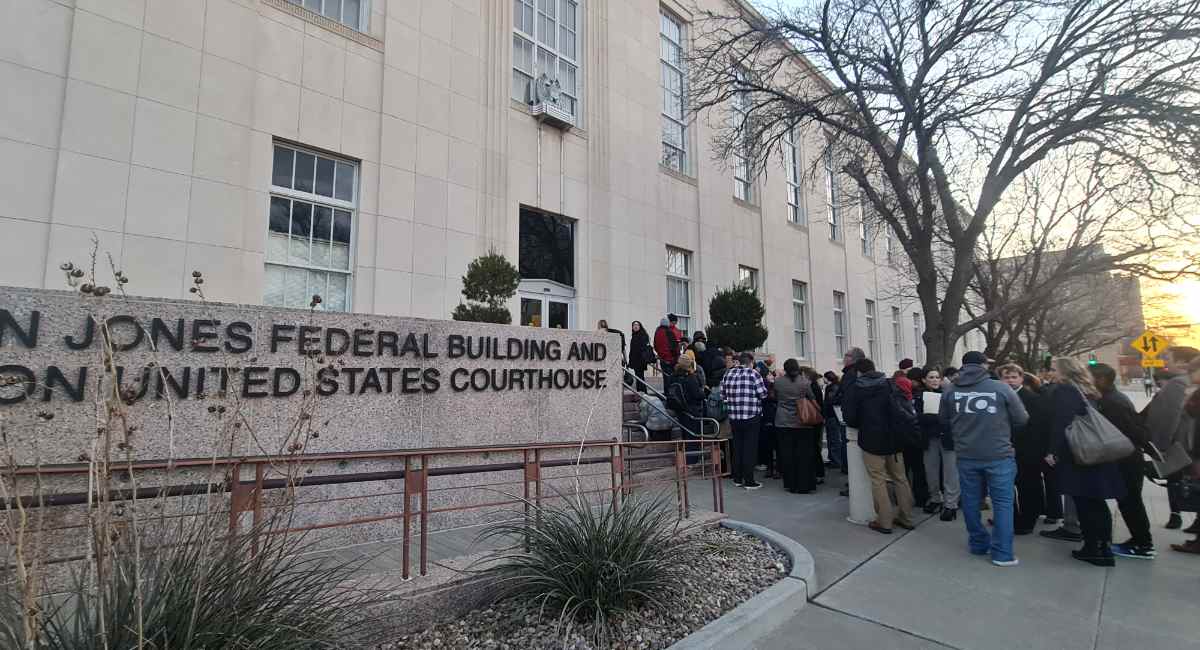The judge presiding over an abortion pill case in Texas recently told attorneys on both sides that his office has received harassment and death threats related to the case.
US District Judge Matthew Kacsmaryk was heavily criticized for not publicizing the first hearing in the case, which took place today. The News Media Coalition called the delay in notifying media about the hearing “unconstitutional,” saying, “The Court cannot constitutionally close the courtroom indirectly when it cannot constitutionally close the courtroom directly.”
Yet it was a decision Kacsmaryk said was necessary.
“To minimize some of the unnecessary death threats and voicemails and harassment that this division has received from the start of the case, we’re going to post that later in the day. So it may even be after business hours, but that will be publicly filed,” he said during a conference call with attorneys. “Other elements of this case have brought a barrage of death threats and protesters and the rest. I don’t want that to disrupt your presentation to the court.”
He also said there were security issues with the courthouse to contend with as well, and the death threats were an issue he reiterated again, while promising he wasn’t trying to stifle journalistic freedom.
“This is not a gag order but just a request for courtesy given the death threats and harassing phone calls and voicemails that this division has received,” he said. “We want a fluid hearing with all parties being heard. I think less advertisement of this hearing is better.”
During the hearing, Kacsmaryk will consider an injunction requested against the Food and Drug Administration (FDA) approval of mifepristone in chemical abortions. More than half of all abortions in the United States are committed using abortion pills, according to a report from the pro-abortion Guttmacher Institute. The FDA is being sued by Alliance Defending Freedom (ADF) on behalf of four medical organizations, claiming that the FDA approved the abortion drugs without studying the safety of the drugs, ignored the potential side effects, and disregarded evidence that chemical abortions are more dangerous than first-trimester surgical abortions.







